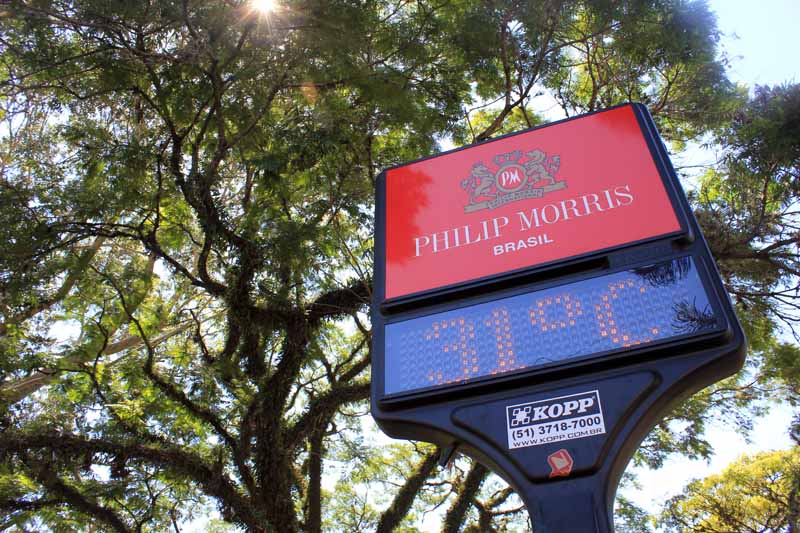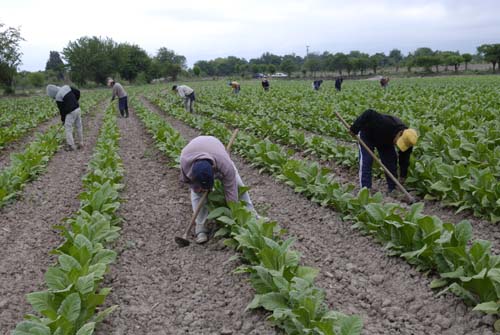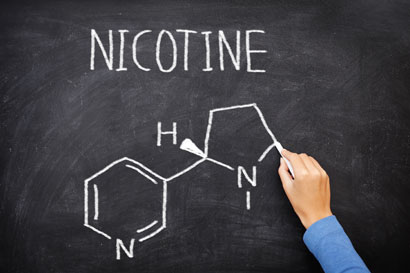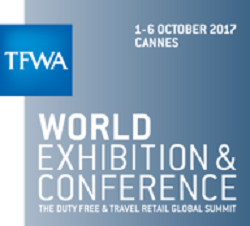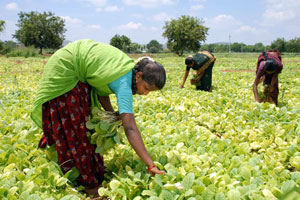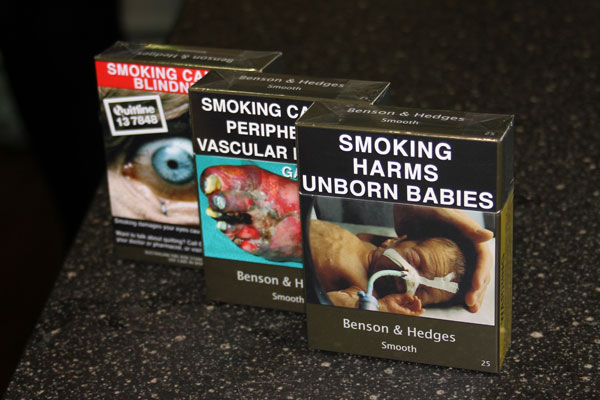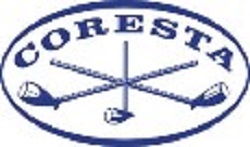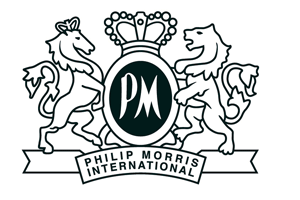Philip Morris International’s cigarette shipment volume during the third quarter (July-September), at 198,465 million was down by 4.1 percent on that of the third quarter of 2016, 207,051 million.
Shipments were down in each of its four regions: by 2.6 percent to 60,062 million in Asia, by 3.5 percent to 20,452 million in Latin America & Canada, by 4.6 percent to 68,837 in Eastern Europe, Middle East and Africa (EEMA), and by 5.6 percent to 49,114 million in the European Union.
Overall shipments of Marlboro during the third quarter fell by 6.1 percent to 68,886 million. Shipments of Marlboro were said to have fallen in the EU, mainly due to its performance in Germany, Italy and Spain; in the EEMA, mainly due to the new excise tax implemented in Saudi Arabia in June 2017 that resulted in the doubling of the retail price of Marlboro from SAR12 to SAR24 per pack; in Asia, mainly due to ‘out-switching’ to HeatSticks in Japan, partly offset by the brand’s performance in Indonesia and the Philippines; and in Latin America & Canada, mainly due to its performance in Mexico.
Meanwhile, shipments of Philip Morris were increased by 47.1 percent to 12,838 million and shipments of Chesterfield were up by 21.7 percent to 15,116 million; but shipments of other PMI brands fell.
L&M shipments were down by 6.1 percent to 23,809 million; Parliament shipments were down by 6.9 percent to 11,354 million; Bond Street shipments were down by 15.3 percent to 9,912 million; Lark shipments were down by 9.6 percent to 6,321 million; and shipments of other cigarettes were down by 10.8 percent to 50,229 million.
Total shipments of HeatSticks reached 9,725 million units during the three months to the end of September, up from 2,089 million during the three months to the end of September 2016.
In its Asia region, shipments of HeatSticks rose from 2,006 million to 8,826 million, while they increased from 56 million to 464 million in the EU, and from 27 million to 427 million in EEMA. Shipments of HeatSticks in Latin America and Canada, where they had not registered in the third quarter of 2016, were eight million in the third quarter of this year.
PMI’s reported and adjusted diluted earnings per share (EPS) during the third quarter of 2017, at $1.27, were increased by $0.02 on those of the third quarter of 2016.
Reported net revenues, at $20.6 billion, were up by 3.5 percent, while net revenues, excluding excise taxes, at $7.5 billion, were up by 7.0 percent.
Reported operating income, at $3.1 billion, was up by 3.1 percent, while operating companies’ income, at $3.1 billion, was up by 2.2 percent, and adjusted operating companies’ income, at $3.1 billion, was up by 2.2 percent.
“As expected, our third-quarter financial results were very strong, including double-digit currency-neutral EPS growth,” said CEO André Calantzopoulos.
“We recorded a sequential improvement in our total volume performance, driven by both our combustible and reduced-risk products, and grew our international market share.
“Despite pressure on profitability from adverse developments in Russia and Saudi Arabia, as well as significant investments behind IQOS, which continues its stellar performance, we are on track to deliver full-year currency-neutral adjusted diluted EPS growth of approximately nine percent to 10 percent, highlighting both the strength of our combustible business and the exciting potential of a smoke-free future.”

